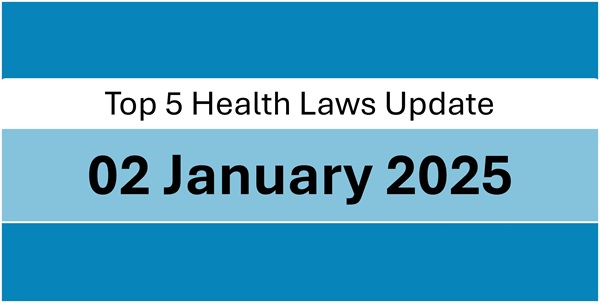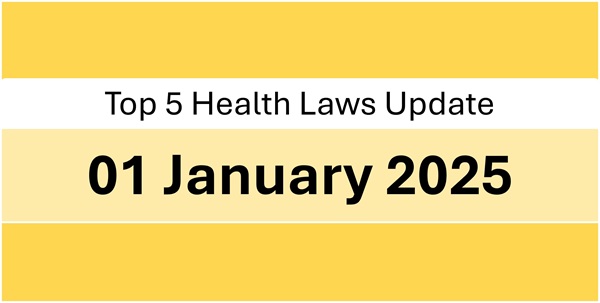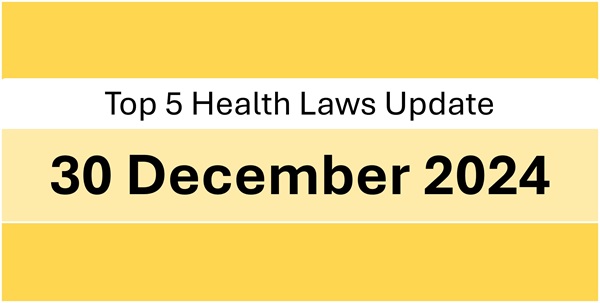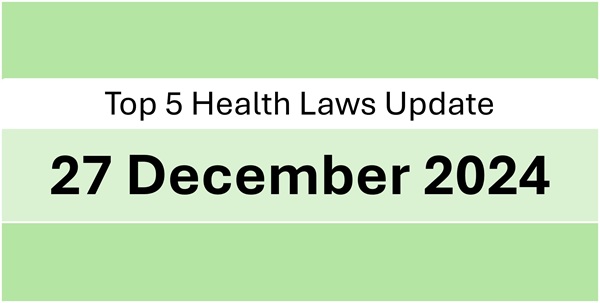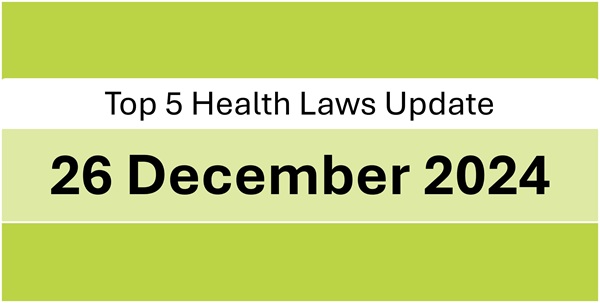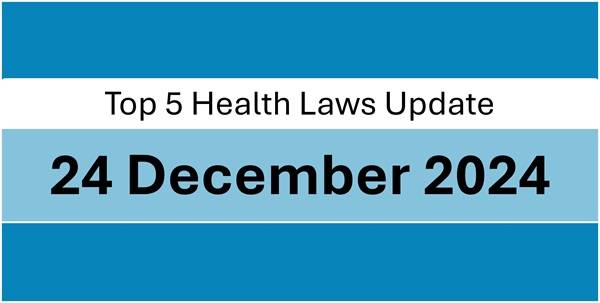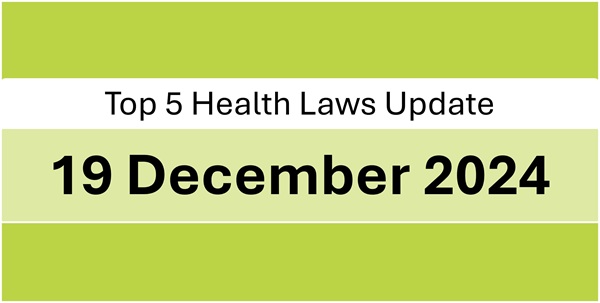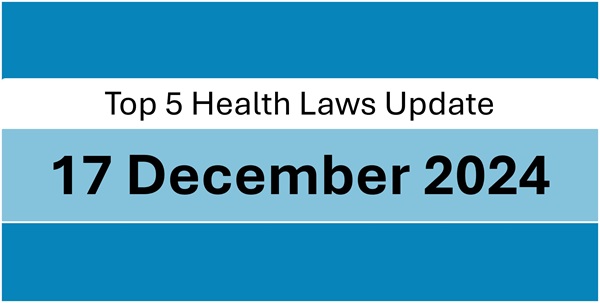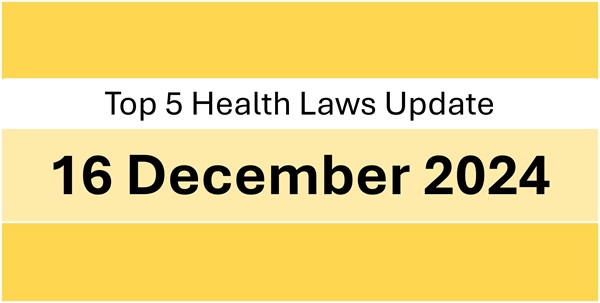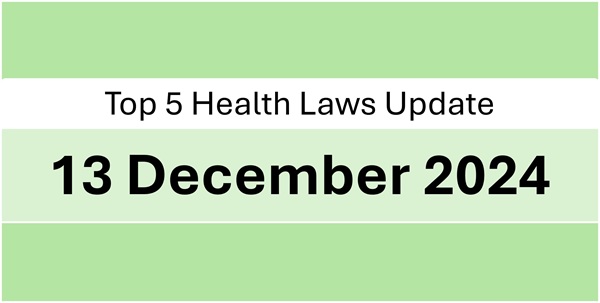Dear Readers, we are happy to share the most interesting legal and policy updates concerning health industry that we read today. We hope you enjoy reading it.
1. India’s Central Pollution Control Board (CPCB) has directed Plastic Waste Processors (PWPs) to upload valid GST e-Invoices for the sale of product for the purpose of EPR certificate generation on the EPR portal for plastic packaging. The invoices must include key details like Buyer GST number, Seller GST Number, IRN No., HSN code, Invoice Number and QR code, ensuring they are signed, clearly visible, and readable.
Source: bit.ly/4fGikIn
2. India’s Food Safety and Standards Authority of India (FSSAI) has reportedly constituted a panel that is in the process of finalizing guidelines to monitor microplastics and nanoplastics in food and bottled water. This move follows alarming findings of their presence in both branded and non-branded salt and sugar products consumed in India.
Source: bit.ly/4iXJrl4
3. India’s Karnataka High Court has temporarily barred government action against pharmaceutical companies manufacturing nutraceuticals in drug-licensed facilities until its next hearing. This follows challenges by industry bodies and stakeholders against Schedule M of the Drugs and Cosmetics Act, which prohibits the production of non-drug items, like nutraceuticals, in drug manufacturing premises.
Source: bit.ly/41WVEQI
4. Doctors in the Indian state of Maharashtra have raised concerns over a directive from the state’s Food and Drugs Control Department (FDA), which allows homeopaths with a modern pharmacology certificate to prescribe allopathic medicines, despite a pending case in the Bombay High Court. They have also questioned the eligibility of homeopaths to prescribe modern medicine. The directive permits chemist retailers and wholesalers in the state to sell allopathic medicines prescribed by such homeopaths.
Source: bit.ly/424Awbg
5. The Chief Medical and Health Officer (CMHO) of a district in Madhya Pradesh, India, has warned private hospitals against employing BAMS/BHMS doctors as RMOs or duty doctors, particularly in ICUs and emergency departments, instead of qualified MBBS doctors and the violations may lead to registration cancellations under the Nursing Home Act. This comes amid nationwide concerns over patient safety and the misuse of medical designations, with healthcare experts calling for stricter oversight and accountability.
Source: bit.ly/3DOcMhw

